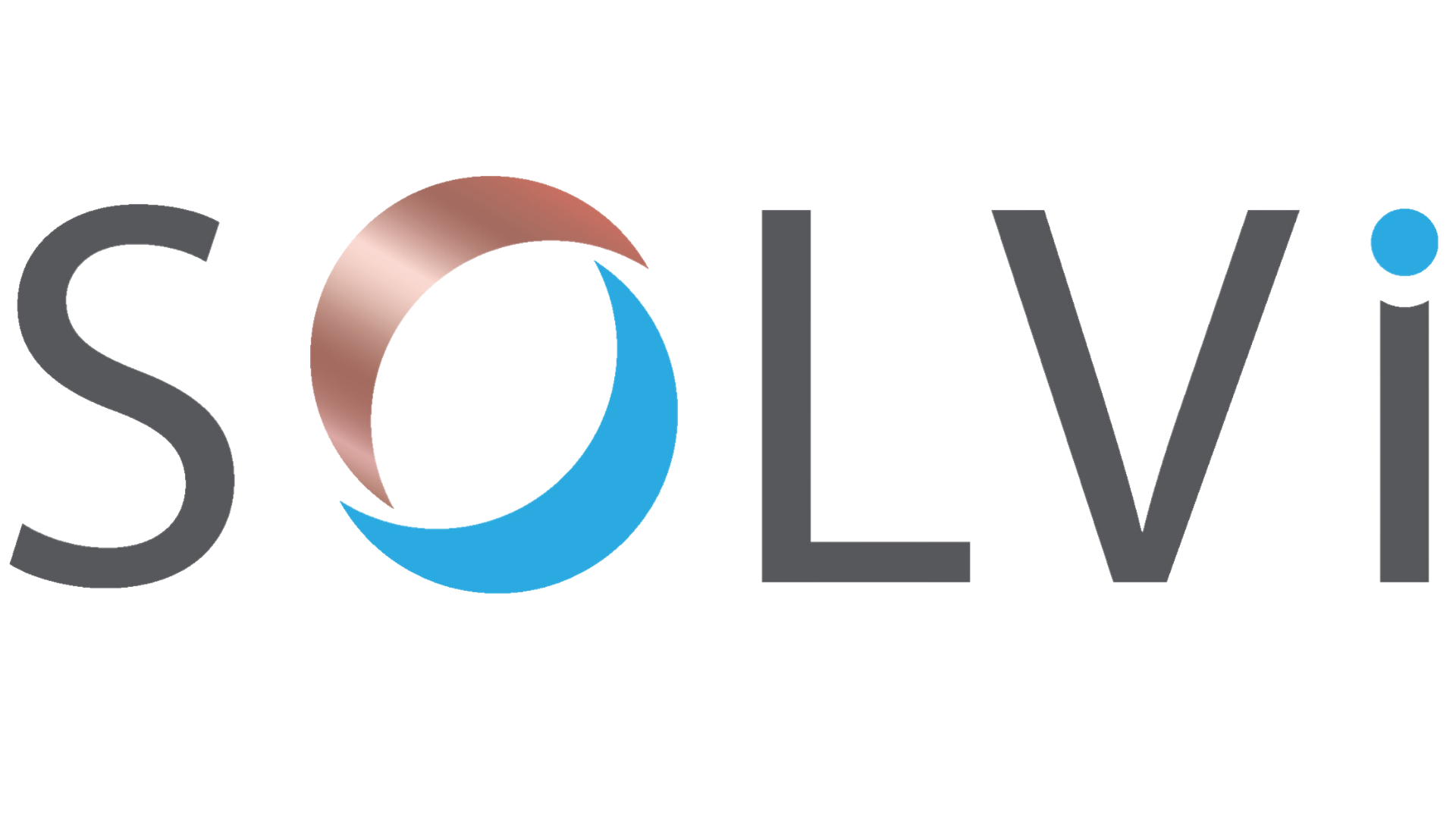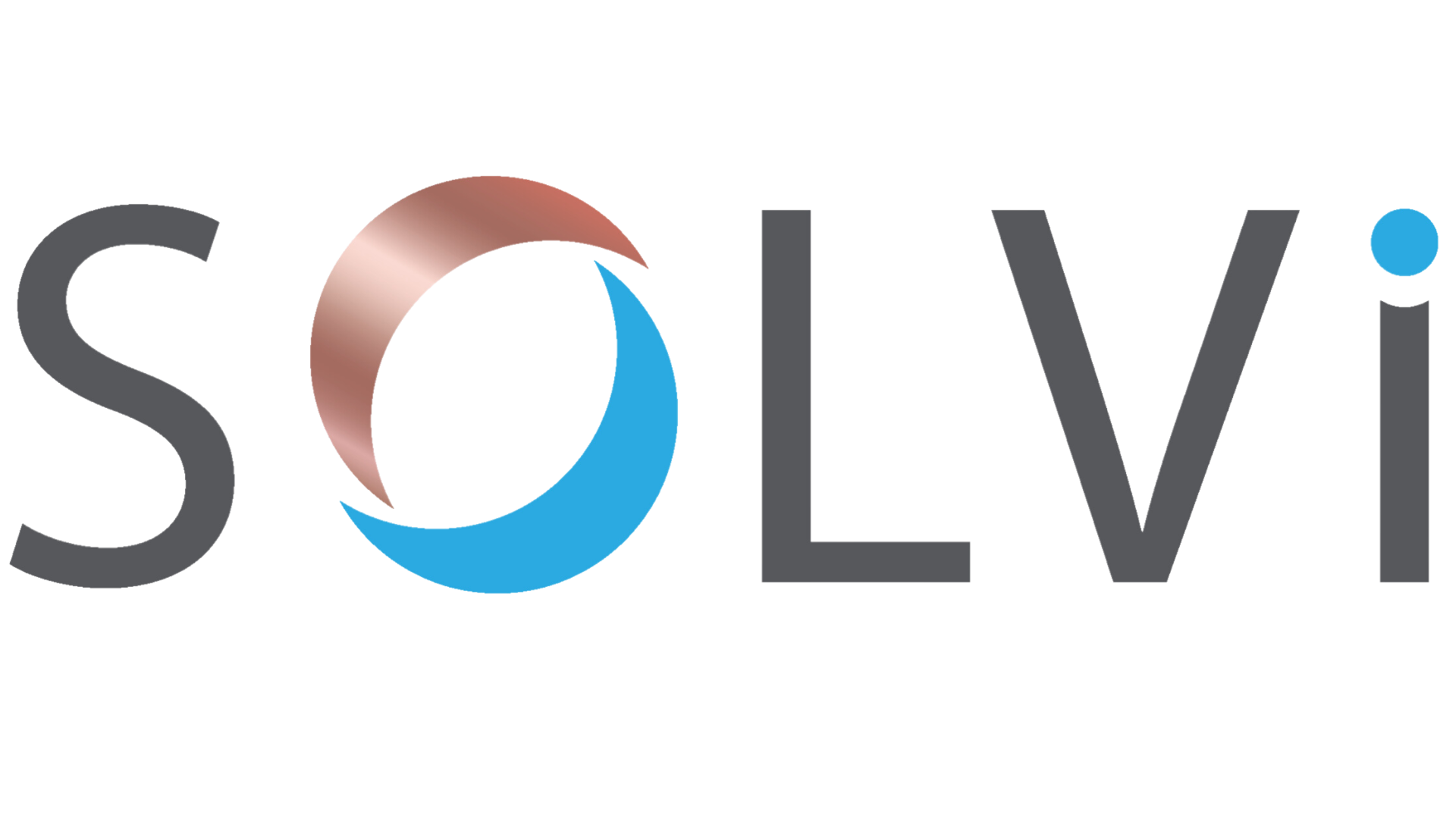Australia is a great place to live and work. Our passion is to help Registered Nurses living overseas to work and experience the great Aussie lifestyle. However, navigating the complexities of migrating to Australia can be daunting.
SOLVi Migration has been assisting nurses to gain registration and successfully migrate independently. Our dedicated team of legal experts specialises in guiding overseas registered nurses through the intricate visa and registration processes, ensuring a smooth transition to working in Australia.
We are committed to providing personalised support every step of the way, from initial eligibility assessments and visa applications to professional registration and employment advice. Trust us to help you achieve your dream of a rewarding nursing career in Australia.

VISA’S WE CAN HELP WITH

Employer Sponsored

Skilled Independent
MAKING AUSTRALIAN MIGRATION EASY

Public vs Private Healthcare in Australia
How Nursing in Australia Is Actually Structured: Public vs Private, Hospitals vs Community, and What That Means for You
If you’re a registered nurse working in the UK and dreaming of a better work-life balance, fairer patient ratios, or even just a sunnier climate, chances are you’ve started looking into nursing opportunities in Australia. But before you start applying for jobs or planning your move, it’s critical to understand how nursing in Australia is actually structured. This blog will help you get clear on the system you’re stepping into—so you can make informed decisions and plan the right migration strategy.
🏥 Public vs Private Healthcare in Australia
Australia has a dual healthcare system made up of public and private providers. Both employ nurses—but the structure, pay, and flexibility can vary.
Public hospitals are run by state and territory governments and are the largest employers of nurses. Nurses in public facilities are usually employed under government enterprise agreements, which means standardised conditions across hospitals in the same state—this includes wages, shift loadings, penalties, and entitlements like leave.
Private hospitals and clinics are funded through private health insurance, direct payments, and some government subsidies. They tend to offer more flexibility in terms of hours and may provide faster access to elective procedures, but pay rates can vary significantly between employers.
What this means for you:
Public jobs are more common and offer predictable conditions, especially for newly arrived international nurses.
Private roles may require prior Australian experience, but can offer more flexibility once you’re settled.
🧭 Federal vs State Systems: Who Do You Work For?
Australia’s healthcare system is state-managed, meaning that your employment conditions will be determined by the state or territory where you’re working—not the federal government. Each state has its own health department and enterprise agreements.
For example:
In New South Wales, you’re employed by NSW Health.
In Victoria, it’s the Department of Health Victoria.
In Queensland, nurses may work for Queensland Health or hospital and health services under its umbrella.
What this means for you:
Your pay, benefits, and even nurse-to-patient ratios can vary from state to state.
When applying for visas and planning migration, knowing which state you want to live and work in can help tailor your strategy—for example, when applying for state nomination under a subclass 190 or 491 visa.
🧑⚕️ Hospitals vs Community Nursing
Most international nurses picture themselves working in hospitals, but Australia also has a growing demand in community and aged care settings.
Hospital nursing in Australia is split into public and private sectors, with many opportunities in medical/surgical, critical care, ED, maternity, mental health, and theatre.
Community nursing involves delivering care in the home or local clinics. It’s in high demand in regional areas and often includes chronic disease management, wound care, and post-acute support.
Aged care is a massive part of the sector due to Australia’s ageing population. Many roles here involve medication administration, clinical assessments, and team leadership.
What this means for you:
You’re not limited to hospitals. Understanding the breadth of settings can help you target the right jobs, meet sponsorship criteria, or maximise your skills assessment points.
Community and aged care roles may also be more accessible to nurses with a diploma or varied clinical background.
💡 Key Takeaways for Migrating Nurses
Start with the state: Each has its own health workforce needs and nomination requirements.
Be flexible in where you work: Don’t overlook community and aged care—these areas are growing fast and often offer sponsorship.
Understand public vs private: Public systems are great starting points. Private may suit you better later on.
At SOLVi Migration, we help nurses build the right legal and registration strategy based on where and how they want to work in Australia. Understanding the structure is step one—getting registered and visa-ready is next.
This article is general in nature and does not constitute legal advice. For tailored migration guidance, book a consultation with our legal team.
Ready to make your Australian dream a reality? Let SOLVi Migration guide you every step of the way. Get in touch with us today and let’s get started!

✅ If you haven’t yet started your AHPRA registration, join our Nurse Registration Course.
It’s the most supportive, clear, and cost-effective way to navigate the AHPRA process, with access to our online community and expert guidance.
FAQS
What qualifications do I need as a nurse to migrate to Australia?
Generally, you will need a nursing qualification that is recognised in Australia, such as a bachelor’s degree in nursing or an equivalent qualification. You will also need to meet registration requirements with the Australian Health Practitioner Regulation Agency (AHPRA).
What is the process for registering as a nurse in Australia?
To practice as a nurse in Australia, you must be registered with AHPRA. The process involves submitting an application, providing proof of your qualifications and professional experience, and meeting English language requirements. Our team can assist you with this process - Read More.
Will I need a skills assessment?
Yes, most visa applications for nurses require a skills assessment conducted by the Australian Nursing and Midwifery Accreditation Council (ANMAC). This assessment ensures your qualifications and experience meet Australian standards. We can assist you with preparing and submitting your skills assessment application. Read more ...
What are the English requirements?
Depending on the pathway you gain registration and what visa pathway you take, the English requirements can vary from Competent to Proficient levels of English. Read More ...
What if me or my family has a health condition?
If you or a family member has a health condition, it is important to have the possible impact on your migration assessed by a professional before you submit any visa application. The Department of Home Affairs will require health assessments to ensure the condition does not pose a significant cost or burden to the Australian healthcare system. We can help you understand the implications and prepare the necessary documentation. Read more ...
What if me or my family have a character issue?
Character issues, such as past criminal records, must be disclosed in your visa application. The Department of Home Affairs assesses character issues on a case-by-case basis. We can provide advice on how to address these issues and the potential impact on your application.
Are visa fees refundable?
Visa fees are generally non-refundable, even if your application is refused or withdrawn. It is crucial to ensure your application is complete and meets all requirements to avoid losing your fee. Our team can help you prepare a strong application to minimise the risk of refusal.
What if I've been refused a visa in the past?
If you have been refused a visa in the past, it is essential to understand the reasons for the refusal and address them in any new application. We can review your previous refusal and advise on the best course of action to improve your chances of success.
Can I bring my family with me?
Yes, many visa types allow you to include eligible family members, such as your spouse or partner and dependent children, in your application. We can advise on the requirements and process for including your family in your migration plans.
Can't you find my a sponsor to pay for everything?
While some employers may offer sponsorship, which can cover visa and relocation costs, it is important to understand the conditions tied to employer-sponsored visas. Also worth noting, a sponsor is not legally required to pay your application fees. These conditions can include staying with the employer for a certain period. We can help you explore your options and find the best pathway for your situation. Read more ...
How long will the process take?
The processing time for visa applications can vary depending on the type of visa and individual circumstances. Generally, it can take from a few months to over a year. Our team will provide an estimated timeline based on your specific situation and keep you updated throughout the process.
What are the costs of migrating?
Costs can include visa application fees, skills assessment fees, and potentially relocation expenses. The exact costs will depend on the visa pathway you choose and any additional services you require. We will provide you with a transparent breakdown of costs during your consultation. Read more...
DOWNLOAD OUR FREE GUIDE ON EVERYTHING YOU NEED TO KNOW TO WORK IN AUSTRALIA
Contact Us
All RIGHTS RESERVED LIABILITY LIMITED BY A SCHEME APPROVED UNDER PROFESSIONAL STANDARDS LEGISLATION. LEGAL PRACTITIONERS EMPLOYED BY SOLVI PTY LTD (ABN 16 658 861 182) ARE MEMBERS OF THE SCHEME.
The information published on this webpage should not be taken as legal advice rather it should be considered for information purposes only.
COPYRIGHT © 2024 SOLVI PTY LTD
Contact Us
All RIGHTS RESERVED LIABILITY LIMITED BY A SCHEME APPROVED UNDER PROFESSIONAL STANDARDS LEGISLATION. LEGAL PRACTITIONERS EMPLOYED BY SOLVI PTY LTD (ABN 16 658 861 182) ARE MEMBERS OF THE SCHEME.
The information published on this webpage should not be taken as legal advice rather it should be considered for information purposes only.
COPYRIGHT © 2024 SOLVI PTY LTD








